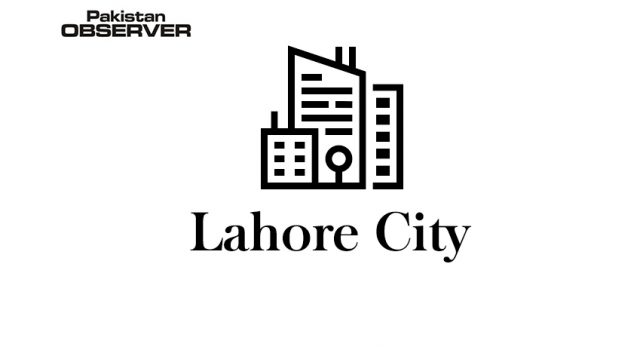Dr Amjad Saqib, the founder and Chairman of Akhuwat Foundation, on Wednesday called for lending a helping hand to the deprived segment of society so that they can lead a self-dependent life.
He said this while addressing a public lecture at the Centre for Advanced Studies, University of Agriculture Faisalabad. The event was organized by Department of Public Relations and Publications, UAF.
He said that they have to learn from way in which the Holy Prophet Hazrat Muhammad (PBUH) introduced social and economic brotherhood among the people after the migration to Madina. He said that ‘haves persons’ should help out the ‘don’t have’ to provide an atmosphere of better living. He said unjust distribution of wealth has deteriorated the poverty situation.
He urged the students to devote themselves for seeking knowledge and keep them away from the prejudices prevailing in our society.
He urged them to become the best in their chosen fields. He said that you have to idealize your goal and then chase your dream.
He said that under the Akhuwat interest free loan has provided financial assistance to millions of families. This loan is distributed to 4.4 million people in mosques without any guarantee and its recovery rate is 99.9 percent. He said that the world population was touching 8 billion of the people and half of them were suffering from hunger.
He said that the Akhuwat Foundation had started the loan program on a model of Muakhaat Madina from Rs10,000 and today it has reached Rs160 billion which is the largest interest free loan program.
He said that Akhuwat Microfinance was established in 2001 to support poor families through interest-free loans.
By providing interest-free loans, Akhuwat mission is to empower the poor to construct their own out of poverty in a self-determined and sustained manner.
UAF Vice Chancellor Prof Dr Iqrar Ahmad Khan said that Dr. Amjad Saqib is the chosen one for the service of humanity. He said that UAF, in consultation with Akhuwat , would soon set up fountain house for patients with psychiatric illness especially from less privileged sections of society.










